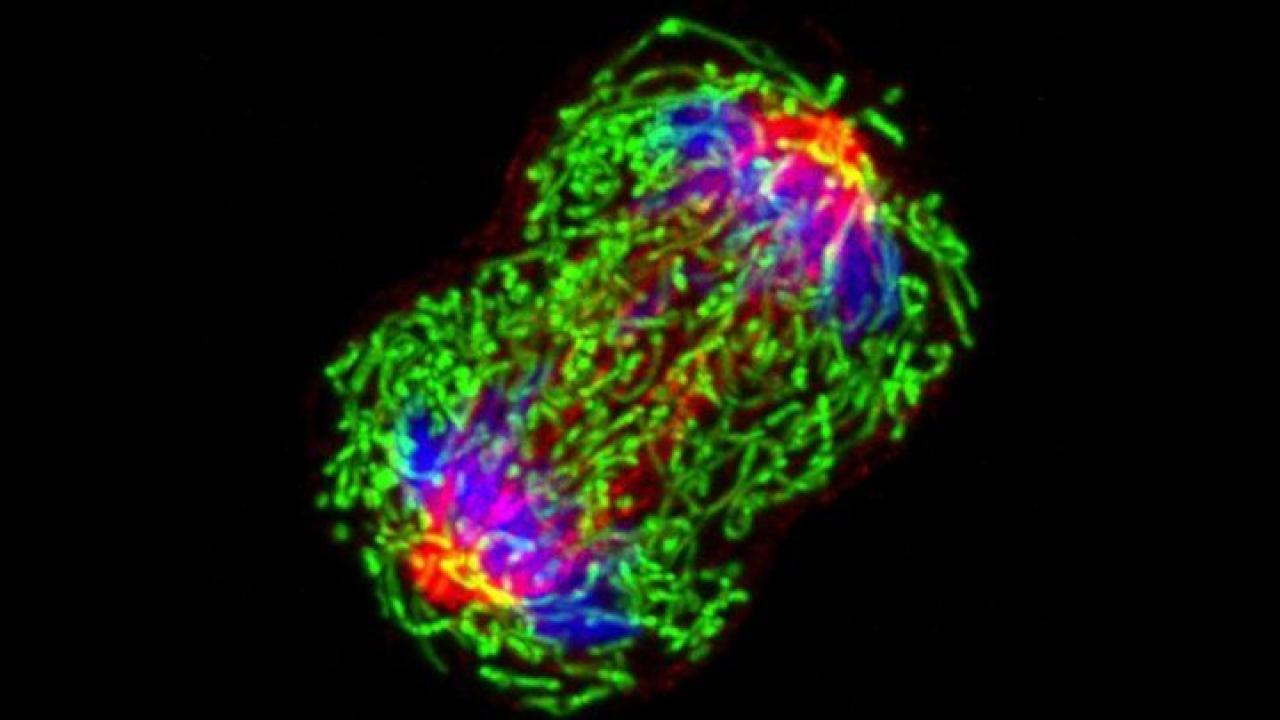
Breast cancer is the second leading cause of cancer deaths in the U.S. and worldwide, pointing to the continuing need to improve treatment strategies and therapies that better patient survival and reduce long-term treatment-related toxicities. This is particularly true for aggressive breast cancer subtypes in which many patients are cured of their disease, but at the expense of long-lasting, serious complications, including peripheral neuropathy, adrenal insufficiency, therapy-related leukemia and long-term heart damage.
For over a decade, the UCSF-led I-SPY trial consortium has worked to accelerate the development of new therapeutics for early-stage breast cancer, focusing on rapid identification of targeted treatment regimens for Phase III trials. The follow-up, I-SPY2, focused on patients with stage II and III molecularly high-risk breast cancer with the early endpoint of pathologic complete response (pCR) – the elimination of all signs of cancer in response to treatment – which correlates strongly with fewer complications and prediction of good long-term outcomes.
Like its predecessor, the I-SPY 2.2 trial evaluates multiple agents in parallel, using an adaptive randomization algorithm that preferentially assigned patients to study arms that exhibited efficacy in the same breast cancer subtype. By using a Sequential Multiple Assignment Randomized Trial (SMART) design, the trial has enabled the testing of drugs in sequence and a personalized approach to therapy to optimize therapies based on individual patient responses.
“I-SPY 2.2 is the latest in the I-SPY family of trials and introduces a very patient friendly and straightforward trial design. Ultimately, the goal is to find and develop biologically targeted treatments that help get each patient to the best possible outcome with the least toxicity. I firmly believe this trial is going to do just that,” said Laura Esserman, MD, MBA, founder and principal investigator of I-SPY 2.2, director of the UCSF Breast Care Center and co-leader of the UCSF Breast Oncology Program.
Recent results from one of the I-SPY 2.2 study arms, published Sept. 14 in Nature Medicine, showed that neoadjuvant treatment with the antibody-drug conjugate datopotamab–deruxtecan (Dato-DXd) in combination with the immune checkpoint inhibitor, durvalumab (Imfinzi), produced high rates of pCR in patients who have an immune breast cancer subtype as well as a subtype of triple negative cancer that would ordinarily have a high risk of recurrence. Among 106 patients with HER2-negative breast cancer, 50% of the patients overall had a complete response. Importantly, for the patients with the immune positive subtype who achieved a complete response, over 50% achieved this without any standard chemotherapy and over 90% did not need doxorubicin-cytoxin (AC), one of the standard treatments that is particularly toxic.